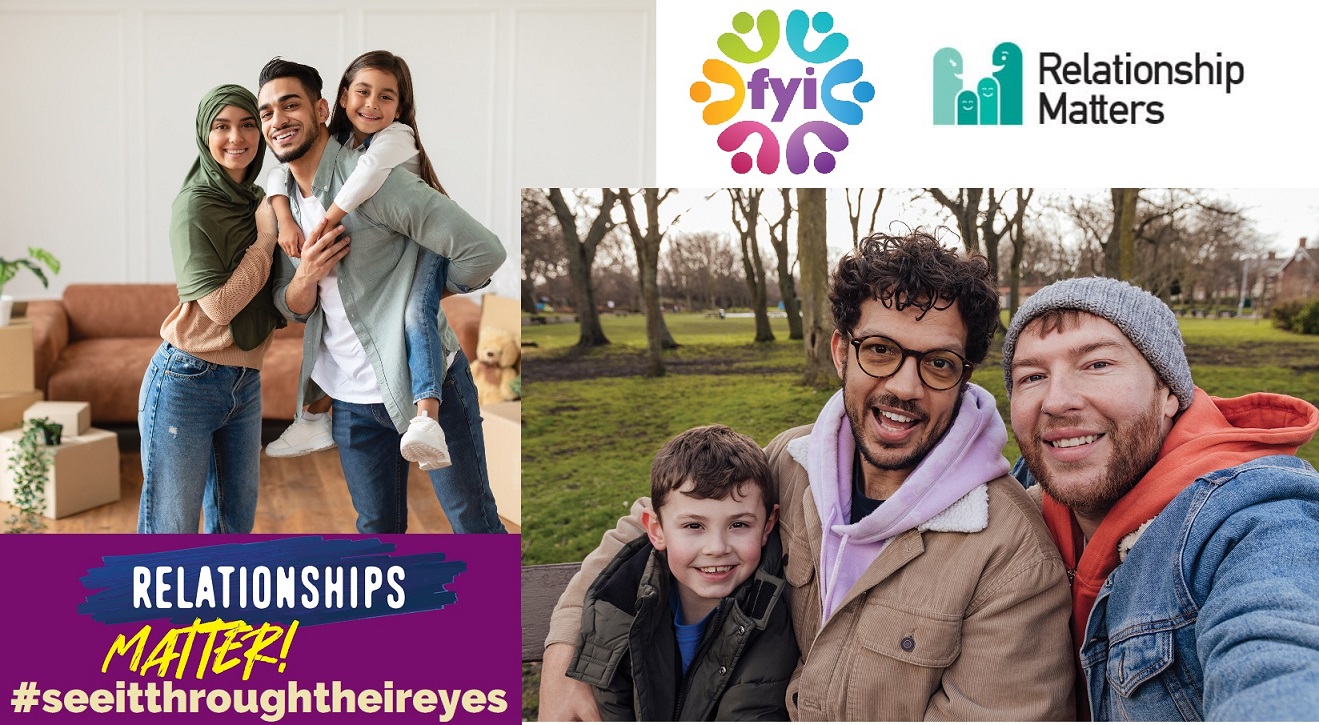Relationships Matter Training
To ensure families are being supported appropriately, Bradford CFT are offering two courses to both internal and external practitioners:
Toolkit training - on completion of this course, practitioners will receive a free family friendly toolkit with resources to help families who need more extensive help
Parent Online Courses - to increase practitioners' knowledge of free online courses available to parents and give them the confidence to signpost towards those courses when appropriate.

